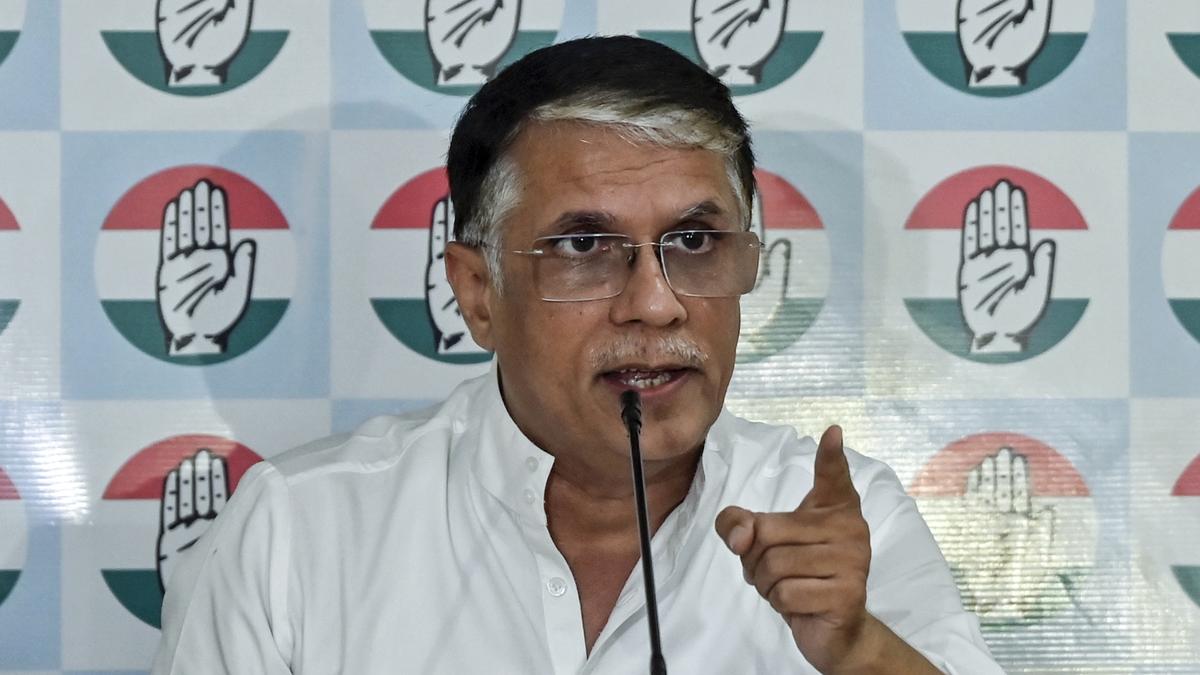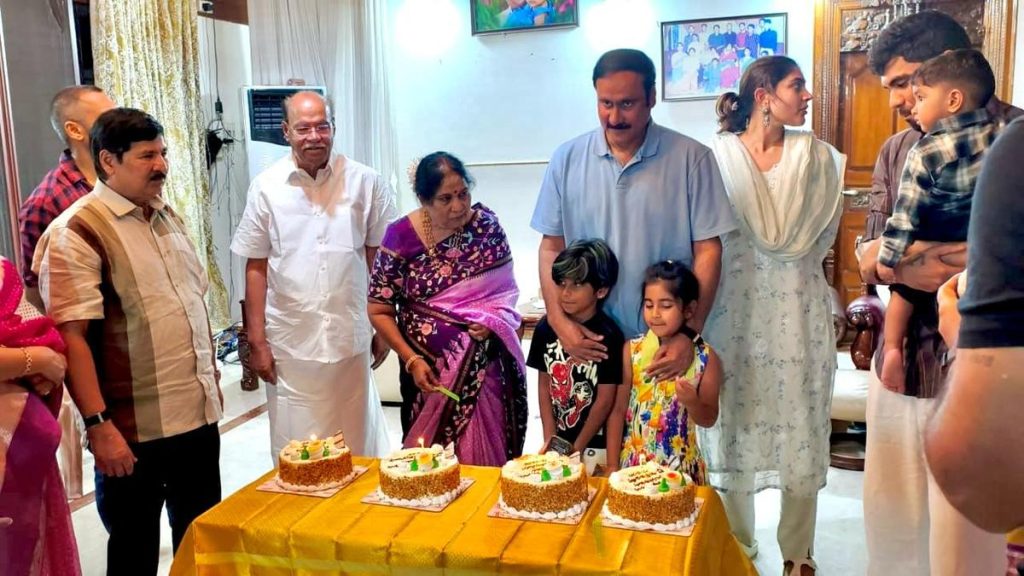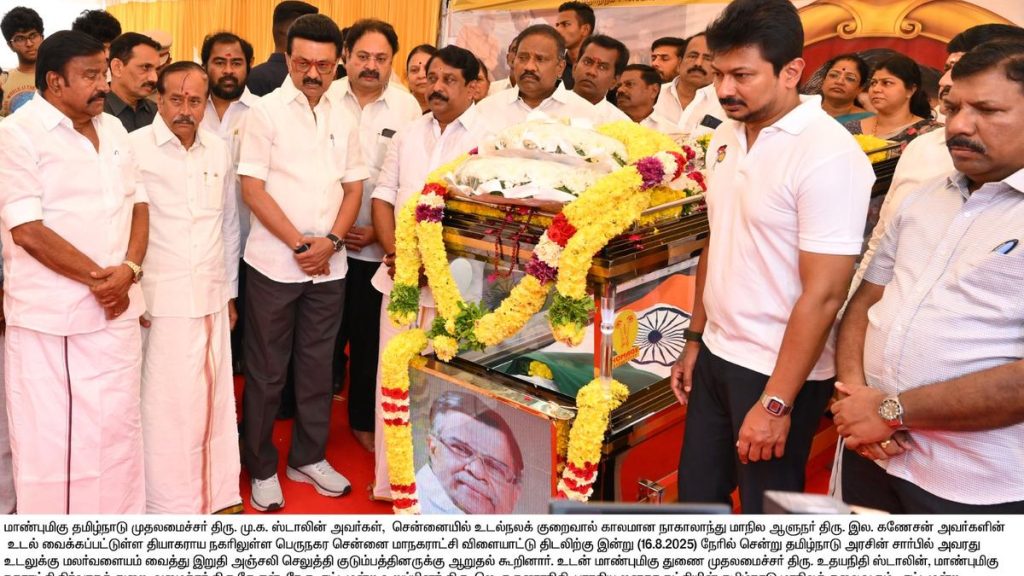Now Reading: NCERT Module Links Congress to Partition; Party Points to Hindu Mahasabha’s Role
-
01
NCERT Module Links Congress to Partition; Party Points to Hindu Mahasabha’s Role
NCERT Module Links Congress to Partition; Party Points to Hindu Mahasabha’s Role

Quick Summary
- The congress has alleged that the NCERT’s newly released module titled Culprits of Partition distorts history by blaming the Indian national Congress, Mohammad Ali Jinnah, and then Viceroy Mountbatten for India’s Partition.
- The module is a supplementary resource for middle school students (Classes 6 to 8) meant for discussions, posters, and debates but is not part of regular textbooks.
- According to the module: “India was divided due to three elements – Jinnah demanded it, Congress accepted it, and Mountbatten implemented it.”
- Opposition figures like Pawan Khera criticized the exclusion of references to ancient roles played by organizations like the Hindu Mahasabha. He stated that in 1938 and subsequent years, the Hindu Mahasabha endorsed separate Hindu-Muslim nations alongside resolutions from groups such as the muslim League.
- Senior congress leader Manish Tewari argued on social media that the “two-nation theory” predates Partition by decades with advocates across religious communities. He cited historical figures such as V.D. Savarkar and Syed Ahmed Khan who supported these ideas at different times in history.
- Tewari added that attributing partition solely thru specific figures simplistically rewrites history; he also criticized NCERT for failing to provide balanced context.
Indian Opinion analysis
This debate over NCERT’s portrayal of India’s Partition reflects broader disputes about how historical events are framed in educational narratives. By assigning blame explicitly on certain parties without addressing other contributing factors or ideological movements such as those advocated by groups like the Hindu Mahasabha or individuals earlier endorsing separatist concepts, critiques suggest an oversimplification. Historical accuracy demands presenting multidimensional perspectives-acknowledging sociopolitical contexts instead of isolating accountability.
the larger implication centers on education policy-notably whether its fostering informed critical thinking or perpetuating reductive interpretations among students. As classrooms shape young minds’ understanding of India’s past complexities, narrowing narratives may obstruct holistic learning outcomes while stirring political controversies outside academia.
























